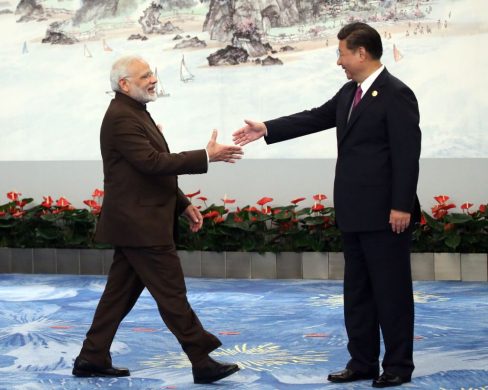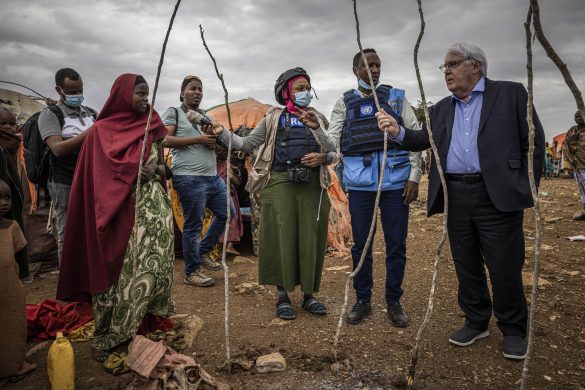Som en konsekvens af udenlandske sanktioner mod Iran kan landet knap brødføde sin egen befolkning. Landet mangler bl.a. ris, olie og majs.
New U.S. financial sanctions imposed since the beginning of this year to punish Tehran over its nuclear program are playing havoc with Iran’s ability to buy imports and receive payment for its oil exports, commodities traders said according to Reuters Wednesday.
Iran denies that sanctions are causing serious harm to its economy, but Reuters investigations in recent days with commodities traders around the globe show serious disruptions to its imports. That is having a real impact on the streets of Iran, where prices for basic foodstuffs are soaring.
South Korean President Lee Myung-bak was in Saudi Arabia on Tuesday, the latest leader of a major Asian oil importing country to visit the Middle East seeking alternative sources of oil as sanctions make it more difficult to import from Iran.
Danish shipping and oil company A.P. Moller-Maersk on Wednesday said it had suspended the transport of new Iranian oil-related cargoes and oil tanker deals due to European Union sanctions.
Traders in Asia told Reuters on Tuesday that Malaysian exporters of palm oil – the source of half of Iran’s consumption of a food staple used to make margarine and confectionary – had halted sales to Iran because they could not get paid.
That followed news on Monday that Iran had defaulted on payments for rice from top supplier India, and news last week that Ukrainian shipments of maize had been cut nearly in half.
Rice is one of the main staples of the Iranian diet. With the rial currency plummeting, prices have more than doubled to 5 US dollars a kilo at bazaars in Iran from about 2 US dollars last year.
Maize is used primarily as animal feed, and the cost of meat has almost tripled to about 30 US dollars a kilo, beyond the budget of many middle class Iranian families, Reuters reports.














